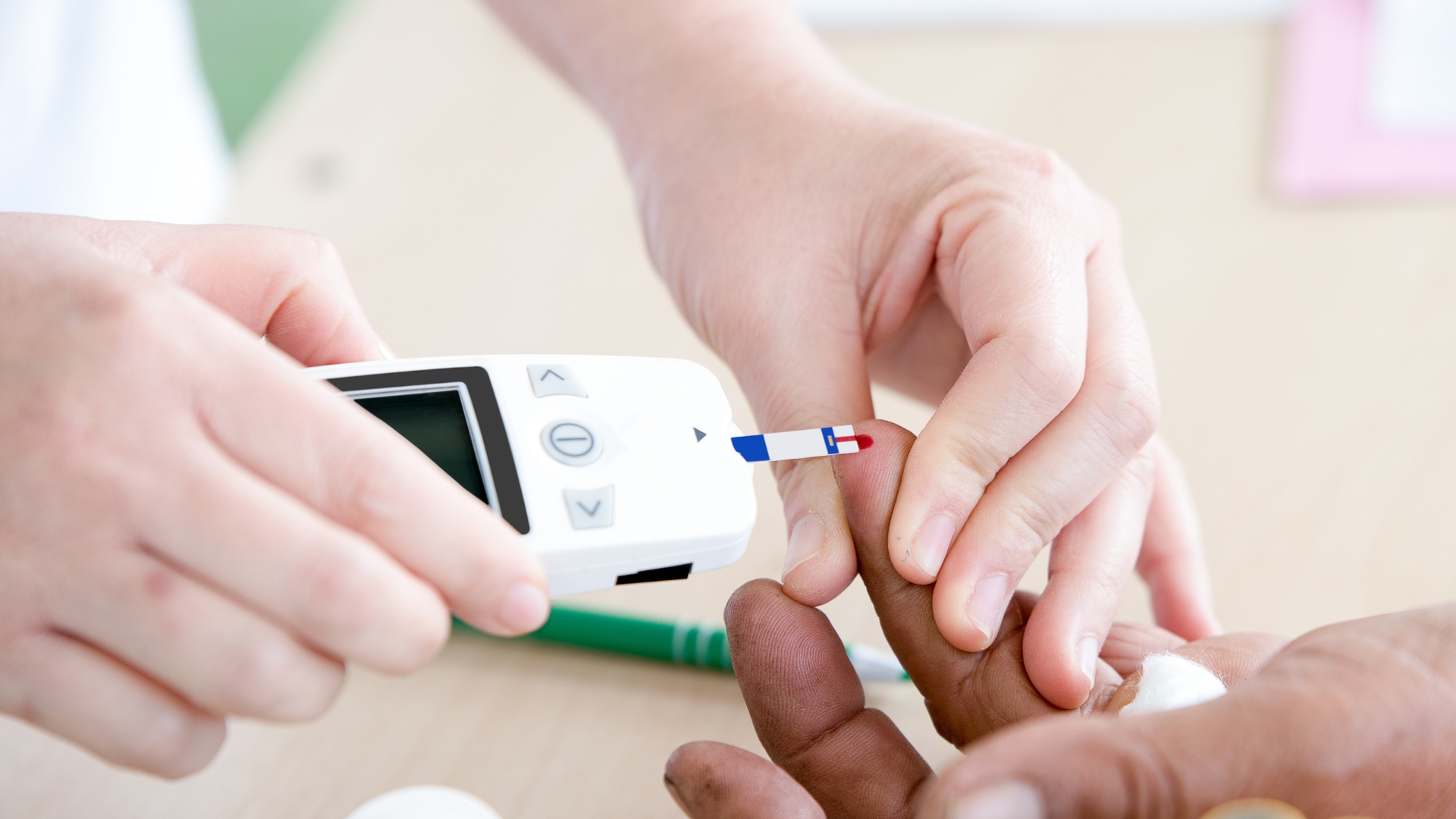Diabetes can be a very frightening diagnosis, but it doesn’t have to be. With the proper education and management, people with diabetes can lead long and healthy lives. This article will look at what causes diabetes.
Normally, your pancreas releases insulin into your bloodstream after you eat. Insulin helps move sugar from your bloodstream into your cells, where it’s used for energy.
If you have diabetes, your body either doesn’t make enough insulin or can’t use its own insulin as well as it should. Over time, this can cause serious health problems, including heart disease, stroke, kidney disease, blindness, and amputation.
Two Types of Diabetes
Type 1 diabetes, which was formerly known as juvenile diabetes or insulin-dependent diabetes, occurs when the body doesn’t produce any insulin. It’s usually diagnosed in children, adolescents, or young adults.
Type 2 diabetes, which was formerly known as adult-onset diabetes or non-insulin-dependent diabetes, occurs when the body doesn’t produce enough insulin or can’t use its own insulin properly. It’s the most common form of diabetes, and it usually affects people over the age of 40, although people of all ages can develop it.
Causes of Diabetes
The exact cause of type 1 diabetes is unknown, but it’s believed to be an autoimmune disease, which means the body’s immune system attacks and destroys the insulin-producing cells in the pancreas.
Type 2 diabetes is caused by a combination of genetics and lifestyle factors. It’s not clear why some people develop type 2 diabetes, and others don’t. However, there are certain factors that can increase your risk of developing, including:
- Being overweight or obese
- Being over the age of 45
- Having a family history of diabetes
- Having high blood pressure or high cholesterol
- Being physically inactive
- Belonging to certain ethnic groups, such as African Americans, Native Americans, Asian Americans, or Pacific Islanders
Complications of Diabetes
If diabetes isn’t managed properly, it can lead to a number of serious health problems, including:
- Heart disease and stroke
- Kidney disease
- Blindness
- Nerve damage
- Amputation
How to Manage Diabetes
If you have diabetes, there are a number of things you can do to manage the condition and reduce your risk of complications:
Monitor Your Blood Sugar Levels
One of the most important things you can do is monitor your blood sugar levels. This will help you to keep them under control and prevent them from becoming too high or too low.
You should check your blood sugar levels at least once a day and more often if you are having any problems. The best time to check your levels is before meals and at bedtime.
If your blood sugar levels are consistently high, you may need to adjust your insulin dose or make changes to your diet.
Eat A Healthy Diet
Eating a healthy diet is important for everyone, but it is especially important for people with diabetes. A healthy diet can help control your blood sugar levels and prevent them from being too high or too low.
There are a few things you should keep in mind when you are planning your meals:
-
- Choose foods that are low in sugar and carbohydrates.
- Eat plenty of fresh fruits and vegetables.
- Include lean protein in your diet, such as chicken or fish.
- Drink plenty of water
Exercise Regularly
Exercise is another important part of managing diabetes. Exercise can help control your blood sugar levels and improve your overall health.
If you are just starting out, you may want to start with 10 minutes of exercise and gradually work your way up.
You can also try different types of exercise to find the one that you enjoy and stick with it. Some people prefer to walk, while others may prefer to swim or cycle.
Manage Your Stress Levels
Stress can have a negative impact on your blood sugar levels, so it is important to find ways to manage your stress. Some people find that yoga or meditation can help, while others may prefer to listen to music or take a relaxing bath.
If you have type 2 diabetes, you may be able to manage the condition by making lifestyle changes, such as losing weight, eating a healthy diet, and exercising regularly. You may also need to take medication if advised by your doctor. You’ll also need to monitor your blood sugar levels and make sure you’re eating a healthy diet.
Contact Christian Healthcare Centers
At Christian Healthcare Centers, we focus on the whole person—body, mind, and spirit. We offer a variety of services to help our patients improve their health and well-being. We also offer diabetes education classes to help our patients learn how to manage their condition and reduce their risk of complications.
Learn more about our services or schedule a consultation here.


